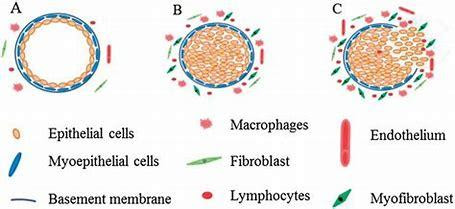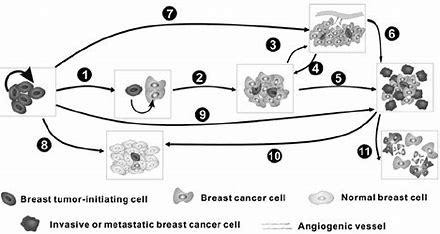
Source: www.indiatoday.in
In India in 2020, breast cancer accounted for 11.1% of cancer deaths making the need for aggressive research into understanding the nature of cancer cells better. In this light, researchers from Indian Institute of Science Education and Research (IISER), Bhopal, India have shown the mechanism by which breast cancer cells proliferate and spread. They studied the regulation of one particular gene called ‘ESRP1’ in breast cancer and found out that there is a difference in the expression of the ESRP1 gene between normal and tumour tissues of patients with breast cancer.

This research for the first time has displayed the reason behind an elevated expression of a key gene, ESRP1, in breast cancer tissue supporting tumour progression. A novel epigenetic regulatory mechanism was discovered which governs ESRP1 down regulation in hypoxic tumour tissue that might help the cancer cells to evade the surrounding tissues and enter our bloodstream. The research further suggests a molecular drug target named E2F1 to inhibit the growth of both hypoxic and normoxic breast cancer cells.
It is already known that areas in the body which are deprived of oxygen instigate metastasis. The research team at IISER have discovered the mechanism behind this by showing that E2F1 fails to bind the ESRP1 promoter in oxygen-deprived breast cancer cells, eventually down regulating the expression of ESRP1 which causes the tumour cells to break free from primary cancer and join the bloodstream to be carried to other body parts, thereby causing metastasis. The findings of this research lays down the foundation towards a better understanding of a complex disease and for improved therapeutic strategies.

